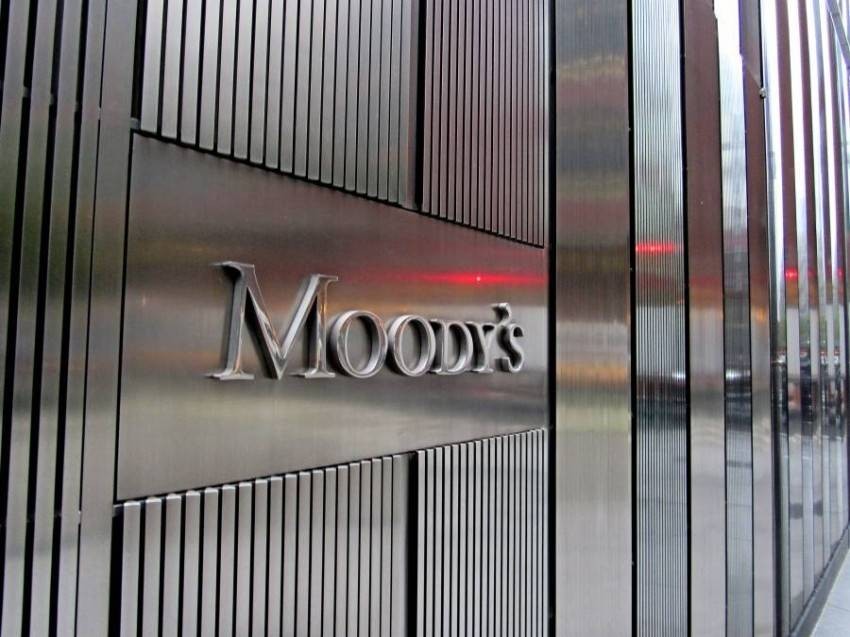Many businesses in the Gulf Cooperation Council countries will continue to have very strong interest coverage rates despite interest rate increases, according to Moody’s Investor Services Agency.
The agency added in a report, today, Monday, that high oil prices benefit the economies of the region, unlike other countries facing slow economic growth due to the increase in energy costs and indicated that many companies classified by Moody’s in the Gulf Cooperation Council region in a good situation to absorb the high prices The advantage, which lowers businesses’ capacity to service and repay debt.
According to Julian Haddad, chief analyst at Moody’s, “the dominance of companies with an investment classification and strong support from governments are the main reasons for this flexibility… and high oil prices are also useful for the region’s economies, contrary to Other countries facing economic growth that is slower due to the high energy costs.
Moody’s anticipates that despite the rise in interest rates, businesses classified as investments in the nations of the Gulf Cooperation Council will continue to have very strong interest coverage rates. This is due to the fact that many of them have very few debts or have very strong cash flows, especially those that work in the oil and gas sectors or chemicals.
The agency stated that these businesses profit from the high commodity prices in 2021, which improved the generation of their cash flow, and that the businesses in the BA and B classifications will struggle more as a result of the high interest rates.
As local economies in the Gulf benefit from high oil prices, the agency anticipates that the increase in interest rates will be partially offset by an improvement in operating performance. It also noted that nearly two-thirds of the debt on the public budgets of Gulf companies classified has a fixed interest rate, explaining that many businesses turned to the head markets Global debt money, which is primarily a fixed interest rate market in 2020–2021.
According to Moody’s, the eligibility deadlines are equally spaced apart, and 45% of the classified debt is expected to become due after 2026.
According to Moody’s, Gulf enterprises can support their robust budgets by absorbing higher interest rates.

